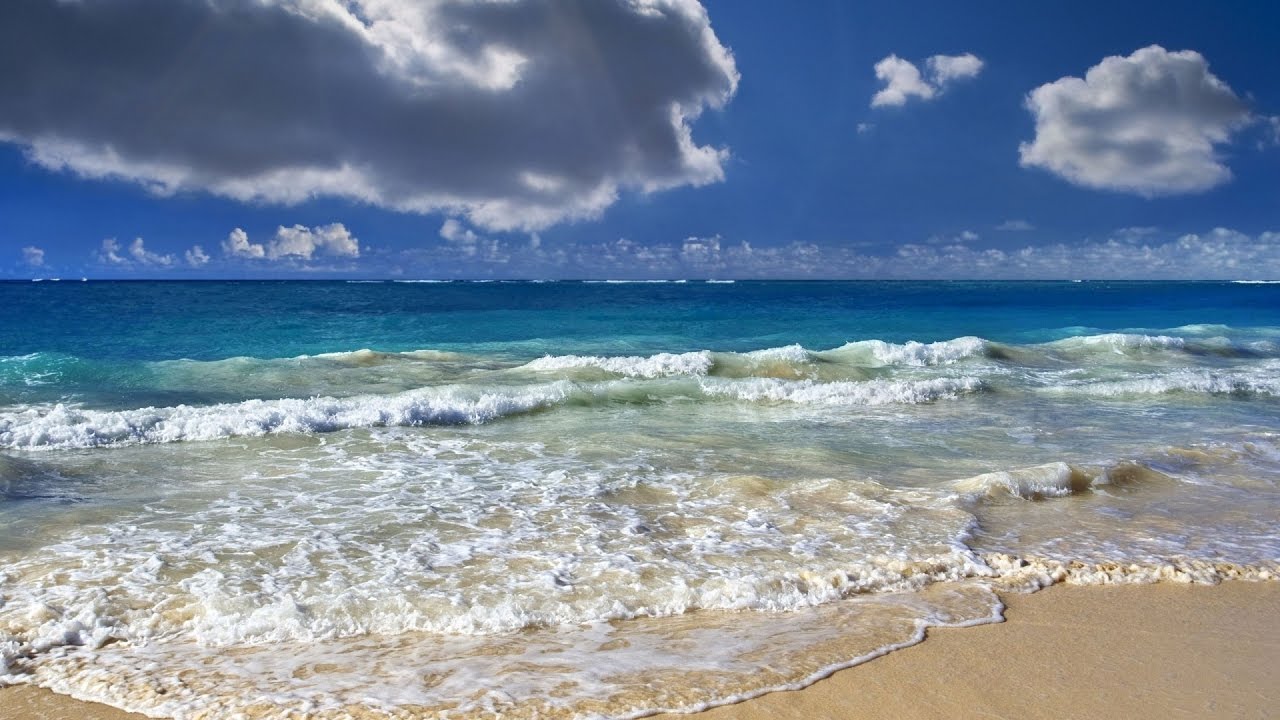Cox's Bazar
Cox's Bazar is a city, a fishing port, tourism centre and district headquarters in Bangladesh. The beach in Cox's Bazar is an unbroken 120 km (75 mi) sandy sea beach with a gentle slope, making it the second longest sea beach in the world after Praia do Cassino, in Brazil.It is located 150 km (93 mi) south of the industrial port of Chittagong. Cox's Bazar is also known by the name Panowa, whose literal translation means "yellow flower." Its other old name was "Palongkee".
Today, Cox's Bazar is one of the most-visited tourist destinations in Bangladesh, although not a major international tourist destination. In 2013, the Bangladesh Government formed the Tourist Police unit to protect local and foreign tourists better, as well as to look after the nature and wildlife in the tourist spots of Cox's Bazar.
The greater Chittagong area, including Cox's Bazar, was under the rule of Arakan kings from the early 9th century until its conquest by the Mughals in 1666 AD.[9] When the Mughal Prince Shah Shuja was passing through the hilly terrain of the present-day Cox's Bazar on his way to Arakan, he was attracted to its scenic and captivating beauty. He commanded his forces to camp there. His retinue of one thousand palanquins stopped there for some time. A place named Dulahazara, meaning "one thousand palanquins," still exists in the area. After the Mughals, the place came under the control of the Tipras and the Arakanese, followed by the Portuguese and then the British.
The name Cox's Bazar originated from the name of a British East India Company officer, Captain Hiram Cox, who was appointed as the Superintendent of Palonki (today's Cox's Bazar) outpost. He succeeded Warren Hastings, who became the Governor of Bengal following the British East India Company Act in 1773. The Captain rehabilitated many refugees in the area, but died in 1799 before he could finish his work. To commemorate him, a market was established and named after him, called Cox's Bazar. Cox's Bazar then was first established in 1854 and became a municipality in 1869.
In 1971, Cox's Bazar wharf was used as a naval port by the Pakistan Navy's gunboats. This and the nearby airstrip of the Pakistan Air Force were the scene of intense shelling by the Indian Navy during the Bangladesh Liberation War. During the war, Pakistani soldiers killed many people in the town, including eminent lawyer Jnanendralal Chowdhury. The killing of two freedom fighters named Farhad and Subhash at Badar Mokam area is also recorded in history.[7]
After the independence of Bangladesh, Cox's Bazar started to get administrative attention. In 1972 the town committee of Cox's Bazar was turned into a municipality. In 1975, The Government of Bangladesh established a pilot plant at Kalatali.[10] Later, in 1984 Cox's Bazar subdivision was promoted to a district, and five years later (in 1989) the Cox's Bazar municipality was elevated to B-grade.[9] In 1994 (jobs) the Marine Fisheries and Technology Station (MFTS) was established at Cox's Bazar. MFTS is a research station of Bangladesh Fisheries Research Institute (BFRI) headquartered in Mymensingh. The station covers a land area of four hectares and contains five laboratories. In April 2007 Bangladesh got connected to the submarine cable network as a member of the SEA-ME-WE-4 Consortium, as Cox's Bazar was selected as the landing station of the submarine cable.In September 2012 the municipality was the site of the Cox's Bazar and Ramu riots, where local Muslims attacked the Buddhist community over an alleged Quran desecration posted to Facebook.
.jpg)
.jpg)
Hi! I am a robot. I just upvoted you! I found similar content that readers might be interested in:
https://en.wikipedia.org/wiki/Cox%27s_Bazar
nice post..
Soo nice place buddy i want to see .who are agree with me response plz friends
it not a place its a romantic place ...
be care full
it's a very beautiful place
nice